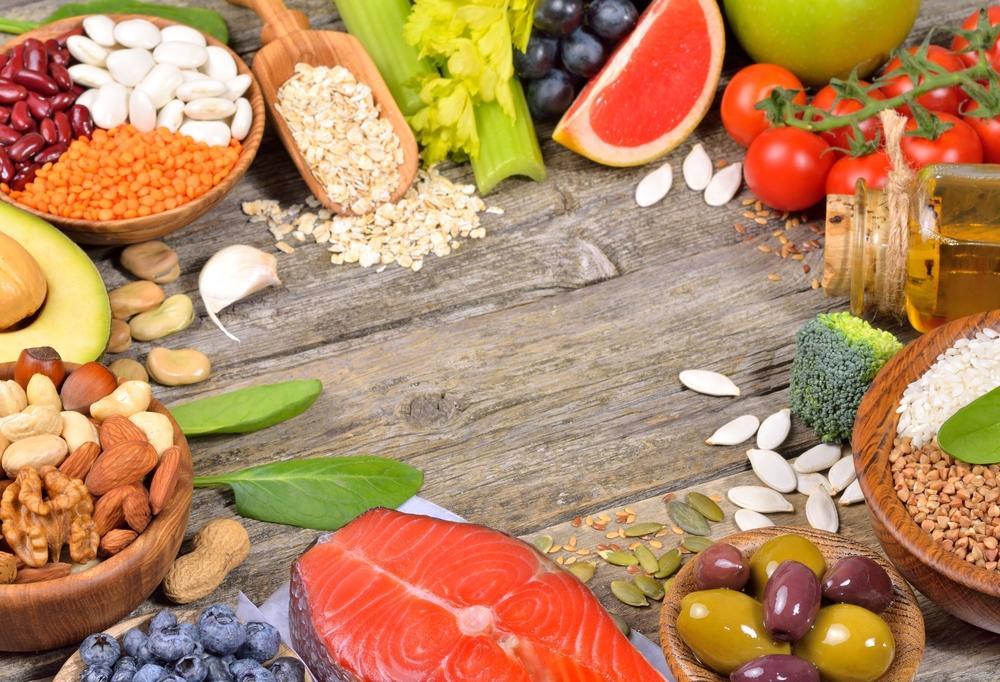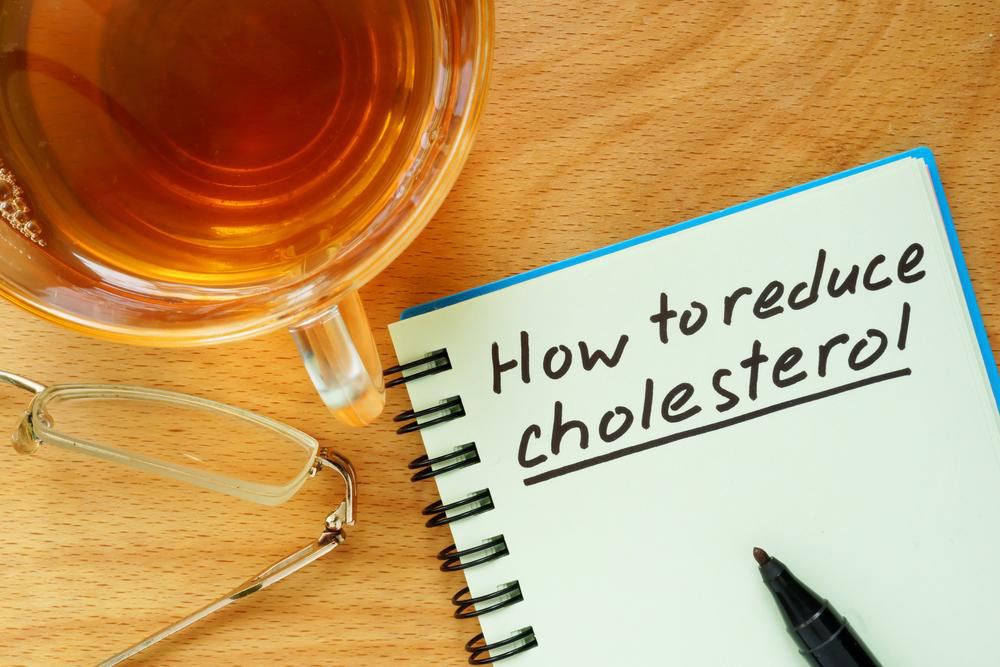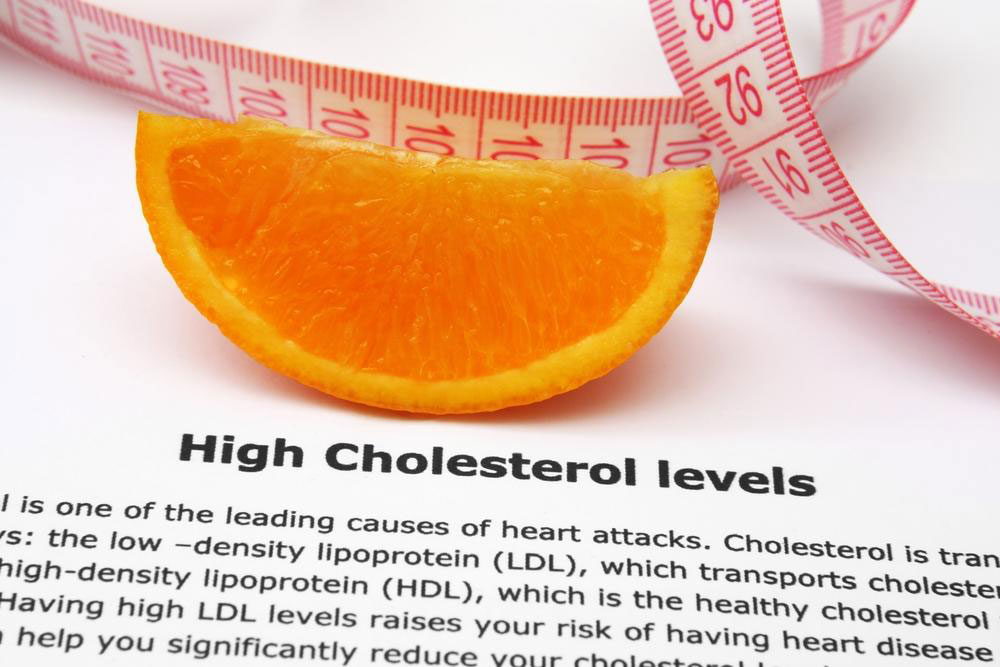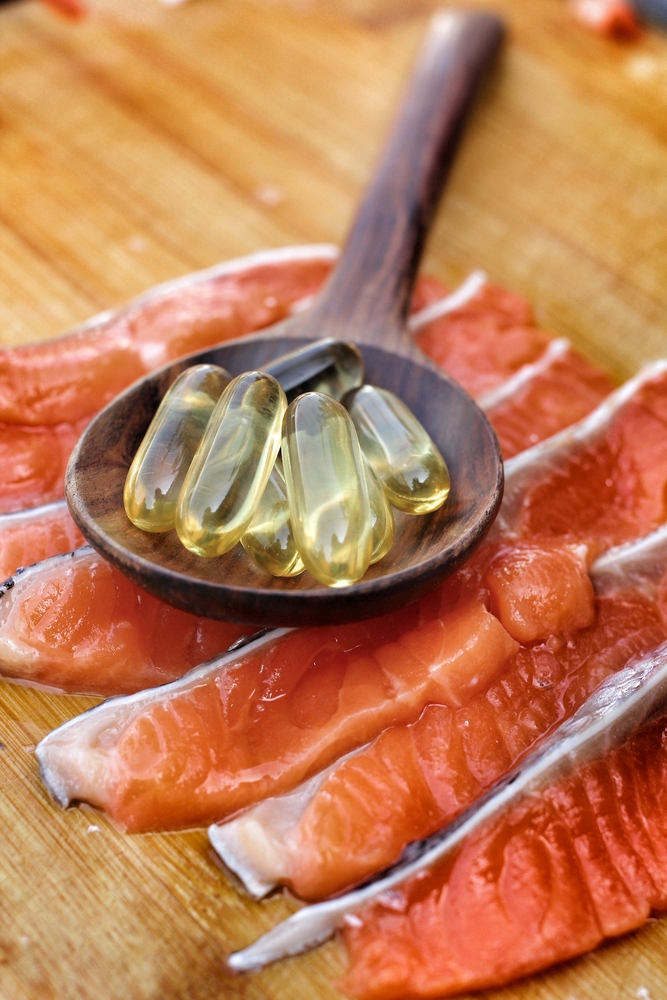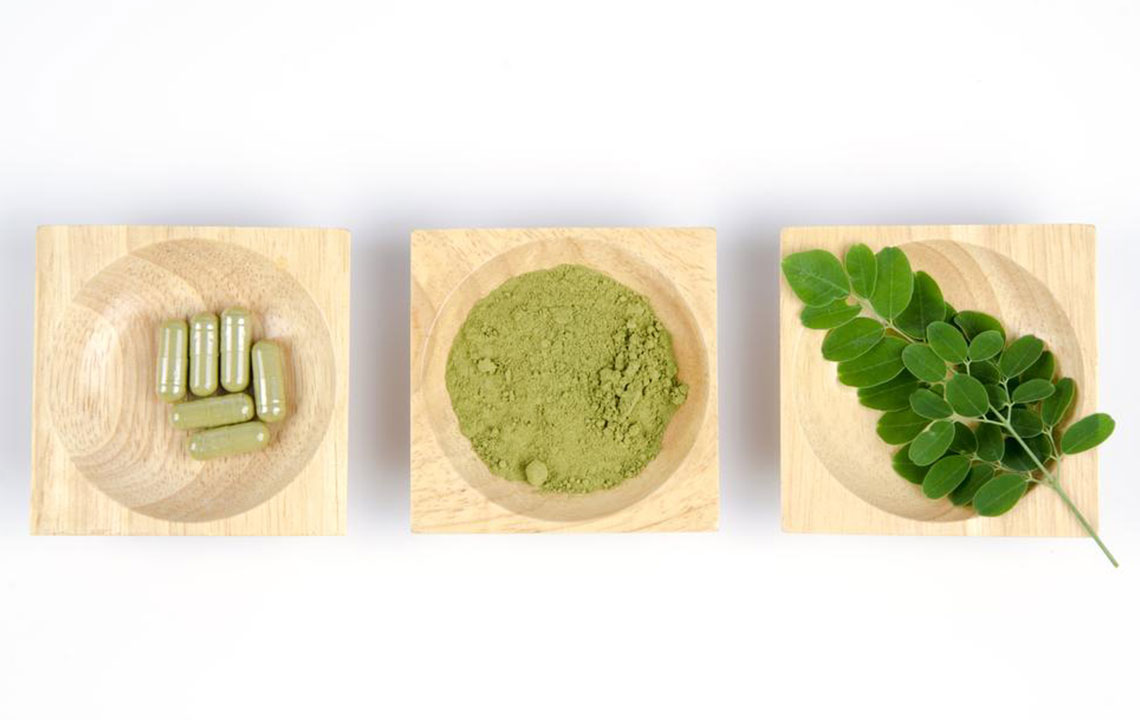Natural Approaches to Effectively Reduce Your Cholesterol Levels
Discover comprehensive natural strategies to lower your cholesterol effectively. This in-depth guide covers foods, lifestyle habits, and supplements that can improve your heart health by reducing LDL and raising HDL cholesterol levels. Learn how to incorporate oats, nuts, fish, and more into your diet, alongside lifestyle tips to promote cardiovascular wellness naturally. Perfect for anyone seeking healthier options for managing cholesterol and preventing heart disease without medication.
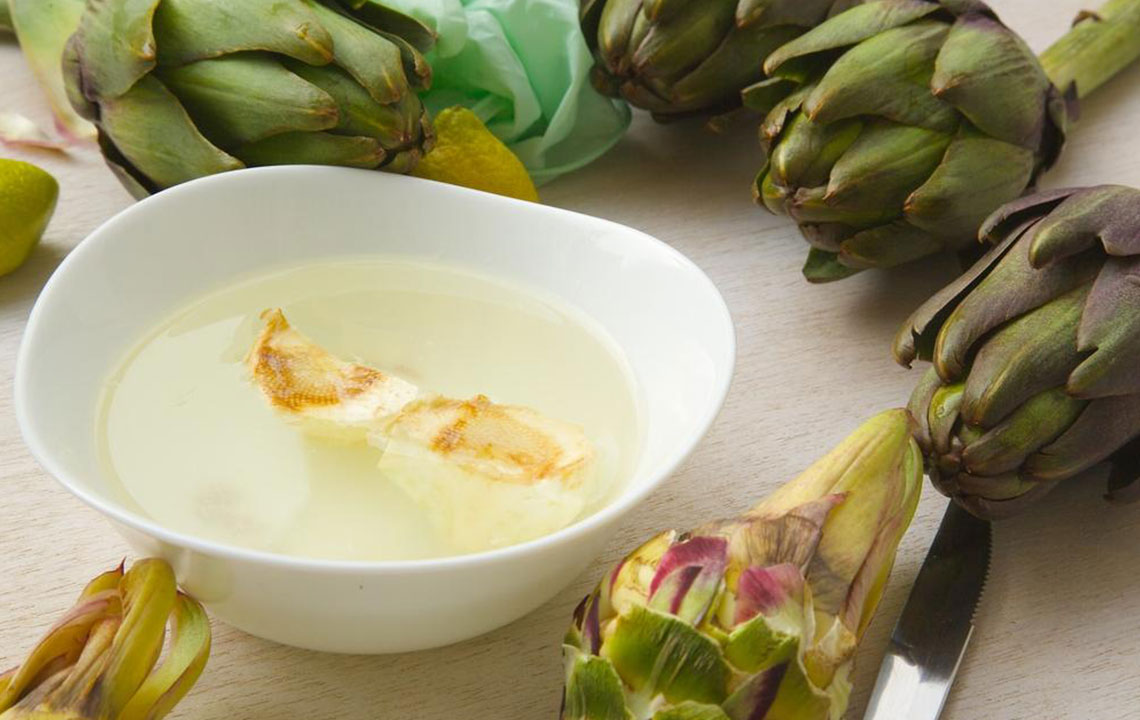
Natural Approaches to Effectively Reduce Your Cholesterol Levels
Cholesterol is a waxy, fat-like substance that plays an essential role in maintaining healthy cell membranes and producing hormones. It is transported throughout the body via lipoproteins, which are primarily categorized into two types: low-density lipoprotein (LDL) and high-density lipoprotein (HDL). LDL is often referred to as "bad" cholesterol because elevated levels can lead to the buildup of fatty deposits in arteries, increasing the risk of atherosclerosis, heart attack, and stroke. Conversely, HDL, known as "good" cholesterol, helps remove excess cholesterol from the bloodstream and transports it back to the liver for elimination, thus offering protective benefits to cardiovascular health.
While medications are available to manage cholesterol, many individuals prefer natural methods that can effectively improve lipid profiles without side effects. Incorporating specific foods, adopting healthier lifestyle practices, and understanding dietary choices can play a significant role in maintaining optimal cholesterol levels and promoting overall heart health.
This comprehensive guide explores various natural strategies to lower bad cholesterol (LDL) and boost good cholesterol (HDL). By making informed dietary and lifestyle modifications, individuals can protect their cardiovascular system, enhance longevity, and improve overall well-being.
Here are some scientifically supported and practical approaches to naturally manage and lower cholesterol levels effectively:
Incorporate Oats into Your Diet
Oats are renowned for their high soluble fiber content, particularly beta-glucan, which has been extensively studied for its cholesterol-lowering effects. Regular consumption of oatmeal or oat-based products helps reduce LDL cholesterol by binding to cholesterol in the digestive system and preventing its absorption. Oatmeal is also highly versatile; it can be enjoyed as a hearty breakfast, added to smoothies, or used in baking. Starting your day with a bowl of oatmeal not only supports heart health but also keeps you full longer, aiding in weight management which further benefits cholesterol levels.
Choose Whole Grains
Whole grains such as barley, millet, quinoa, and especially oats and oat bran are rich in dietary fiber, antioxidants, and phytochemicals. Soluble fiber in these grains helps lower LDL cholesterol by trapping cholesterol molecules and facilitating their removal from the body. Incorporating whole grains into your daily meals — like switching from refined white bread to whole-grain bread or choosing brown rice over white rice — can significantly improve your cardiovascular risk profile.
Eat Okra
Okra, a popular vegetable in many cuisines, is a potent source of soluble fiber. This fiber binds to cholesterol in the gut, aiding in its excretion and reducing the risk of arterial plaque formation. Including okra in soups, stews, or stir-fries can be an easy and delicious way to boost your fiber intake and support healthy cholesterol levels.
Legumes for Heart Health
Beans, lentils, chickpeas, and peas are excellent sources of soluble fiber, protein, and essential nutrients. Regular consumption of legumes can help reduce LDL levels, promote satiety, and support weight loss. Adding legumes to salads, soups, or as a side dishes is a smart dietary choice to improve lipid profiles and reduce cardiovascular risks.
Consume Nuts Moderately
Nuts such as almonds, walnuts, pistachios, and cashews contain healthy monounsaturated and polyunsaturated fats, which have been shown to lower LDL cholesterol. Safe consumption of a small handful (about 1 ounce) daily can provide heart-protective benefits without excessive calorie intake. Nuts also offer antioxidants and other bioactive compounds that support overall vascular health.
Utilize Plant Sterols and Stanols
Derived from plants, plant sterols and stanols interfere with cholesterol absorption in the intestine. These compounds are added to various products like spreads, fortified drinks, cereals, and are also available as supplements. Regular intake of sterol-enriched foods can lead to a reduction of approximately 10-15% in LDL cholesterol levels, making them an effective natural intervention.
Eat Fatty Fish Rich in Omega-3s
Incorporate fatty fish such as salmon, mackerel, sardines, and trout into your diet at least twice a week. These fish are abundant in omega-3 fatty acids, which are anti-inflammatory and help lower triglycerides, reduce LDL oxidation, and promote a steady heart rhythm. Omega-3s also support endothelial function and can prevent blood clots, offering comprehensive cardiovascular benefits.
Include Soy Products in Your Meals
Soy-based foods like tofu, soy milk, edamame, and tempeh are rich in isoflavones and protein. Studies have demonstrated that consuming around 25 grams of soy protein daily can decrease LDL cholesterol by approximately 5-10%. Replacing animal protein with soy can also contribute to healthier fat profiles and overall heart health.
Opt for Heart-Healthy Vegetable Oils
Swap saturated fats such as butter and lard with healthier vegetable oils like sunflower, safflower, canola, and olive oil. These oils are high in monounsaturated and polyunsaturated fats, which help improve lipid profiles by lowering LDL and increasing HDL levels. Use these oils for cooking, dressings, and marinades for a heart-friendly diet.
Consume Fruits Rich in Pectin
Fruits like apples, oranges, strawberries, grapes, and plums contain high levels of pectin, a soluble fiber known to reduce LDL cholesterol. Including a variety of these fruits in your daily diet can support vascular health and prevent plaque buildup.
Consider Fiber Supplements When Necessary
When dietary fiber intake from food sources isn’t sufficient, options like psyllium husk or methylcellulose supplements can be helpful. Taking two teaspoons of psyllium daily can contribute around 4 grams of soluble fiber, aiding in cholesterol reduction and improving bowel health. Always consult a healthcare professional before starting any supplement regimen.
Adopting these natural methods can significantly influence your cholesterol levels and cardiovascular health over time. However, it is essential to pair these strategies with regular physical activity, maintaining a healthy weight, avoiding smoking, and limiting alcohol consumption for maximal benefits. Always seek guidance from healthcare providers before implementing major diet or lifestyle changes, especially if you have pre-existing health conditions or are on medication.
